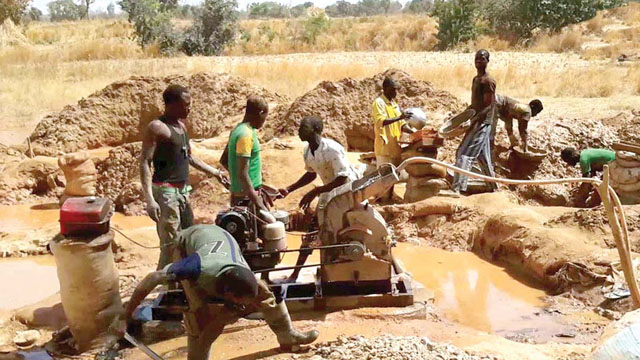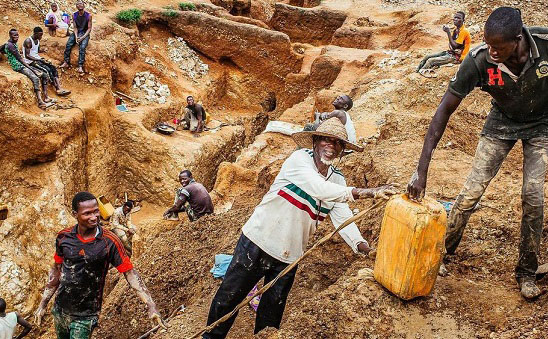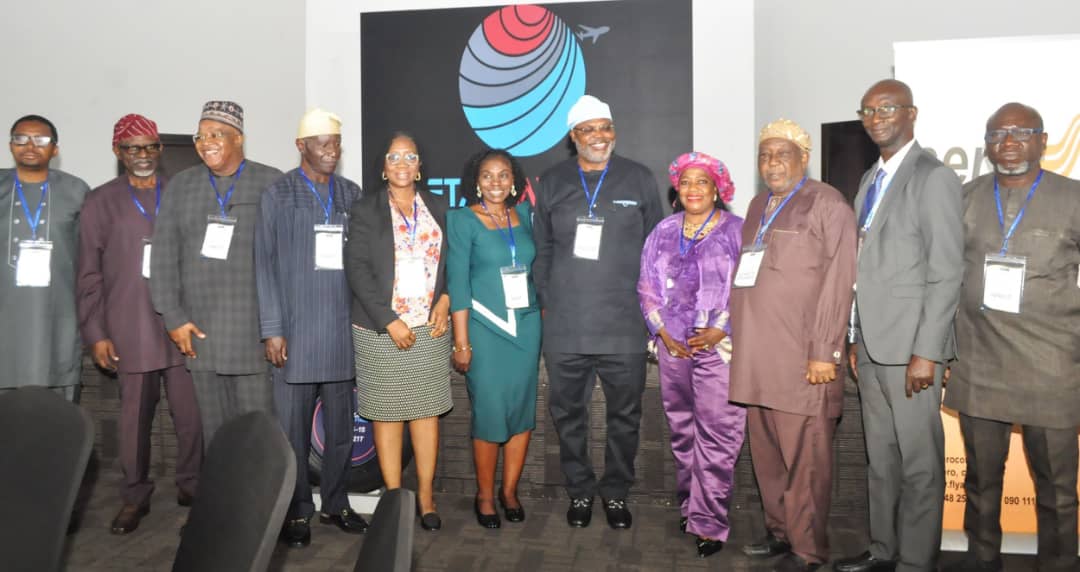
According to the villagers, the mining site is located at Oyemburuk village, popularly known as Dogo Na Hauwa, which was once a quiet and peaceful community.
A prominent indigene of the state, Mr. Kenneth Dareng, said, “This small and tranquil settlement became the epicenter of a horrific massacre on March 7, 2010. That night, rampaging Fulani herdsmen attacked the village, killing over 500 innocent residents, mostly women and children, drawing global attention to this once little-known community.”
Dareng stressed that the Oyemburuk community has a long history tied to tin mining.
He pointed out that in the 1950s and 1970s, it was one of the mining sites operated by the British colonial administration through the Amalgamated Tin Mines Nigeria (ATMN), which attracted a diverse population of laborers and artisans from across the country, including the Hausa, Yoruba, Igbo and others, alongside the indigenous inhabitants.
Some residents returned to rebuild their lives years after the tragic 2010 massacre, while others relocated permanently. Yet, the illegal mining activities continue to endanger lives and property within the community.
Dareng said that when he visited Oyemburuk, it was discovered that illegal miners were digging wells as deep as nine feet away from mud houses.
He said, “Tunnels spread beneath homes, posing severe risks to residents, particularly children playing in the area. The absence of electricity only compounds the danger, making nighttime accidents likely.
“Many of the miners come from neighboring villages with little regard for the havoc they wreak on Oyemburuk. These miners often secure consent from landowners by offering cash or sharing tin after processing.
“Unfortunately, the practice continues unabated, with new wells being dug daily by groups of desperate men and women.”
Contacted, a 43-year-old Stephen Dung, who has been in the business for about 20 years, acknowledged the risks involved but defended the practice as his livelihood.
He said, “My younger brother almost lost his life when a metal bucket filled with tin materials fell on him. Thankfully, the well was not beyond seven feet deep. Despite the risks, one bag of tin can fetch up to N900,000, which is good money.”
Another miner, John Pwajok, argued that Oyemburuk’s terrain could withstand mining without causing homes to collapse.
He said, “The wells have no water, and the depth we work at doesn’t allow water retention. This reduces the fear of potential collapse.”
Be that as it may, residents like Choji Henry Daniel and Madam Ruth Daniel, who is a widow with seven children, expressed grave concerns. Choji lamented the recurring mining near his family land, while Madam Ruth feared for her children’s safety.
The village head, Da Dauda Gyang Pam, pointed out that he and the community elders had opposed illegal mining within the village, as meetings were held with landowners to discourage the practice, especially in residential areas. However, enforcement has proven difficult.
A resident and property owner, Prof. Edward Ossai, chastised the miners’ claims and called for urgent action, saying: “This is like sitting on a time bomb. Mining in the heart of the village is dangerous, especially during the rainy season. The village head has ordered the miners to stop, but fresh signs indicate ongoing activities.”
Illegal mining is also prevalent in the state in areas such as Zawan, Gyel, Shen, Du, Foron, and Barkin Ladi.
According to Ossai, economic hardships, unemployment, and the lucrative tin market have driven many youth into the hazardous trade, stressing the need for stricter enforcement by relevant authorities, including the Nigeria Security and Civil Defence Corps (NSCDC), which is mandated to oversee such activities.
For him, “There are legal procedures for obtaining mining licenses. It is unacceptable to endanger lives for profit. The local government chairman of Jos South and Barkin Ladi must urgently assess the situation and call the miners and chiefs to order.”
The professor also highlighted the long-term dangers of mining near homes, particularly in villages where houses are often built with non-conventional materials. He said, “The Laranto Saints Academy tragedy in Jos, where students were buried under collapsed buildings with tunnels beneath, should serve as a cautionary tale.”
On the way out to prevent further tragedies, Ossai recommended reclaiming affected lands by filling the mining pits and protecting the community from another avoidable tragedy.
In August 2019, the Nigeria Security and Civil Defence Corps (NSCDC) operatives arrested 41 illegal miners at Lamingo village near the Lamingo Dam in Jos North local government area of the state.
The arrest came after a series of warnings by the government that members of the public should desist from illegal mining in the state.
At the headquarters of the NSCDC in Jos, the operatives pointed out that the suspects were arrested because they were polluting the source of water supply of the Plateau State Water Board.
Parading the suspects, the NSCDC explained that the state government had directed the miners to vacate the area, which they turned a deaf ear to. According to them, the arrested illegal miners are economic saboteurs who must be stopped from all illegal activities in the state as they would be charged to court as suspects.
Up to today, no news has been heard again about the arrested illegal suspects as those NSCDC officials then had been transferred while new ones came in.
However, the youths in Kuru district of Jos South have sent a message to both the state and the federal government, urging them to address the issues of poverty, neglect, hunger, disease, and impoverishment before talking about legal and illegal mining.
The youth, who spoke in chorus, lamented that there is enough money to go around, but it is being cornered by the few influential people in society.
They said those issues should be addressed first before talking about the so-called illegal mining, wondering whether mineral resources found in their area cannot be explored by the natives themselves.
They added that if not for the peaceful nature of the Berom people, they would have displayed drama worse than that of the militants of the Niger Delta region.
But the Chairman of the Mineral Resources and Environmental Management Corporation (MIREMCO), Plateau State Chapter, Senator Davou Zang, advised people to be law-abiding, follow government regulations, and shun any act of confrontation.
Zang added that there should be a tremendous working relationship between the government and the native community by legally obtaining their working licenses.






